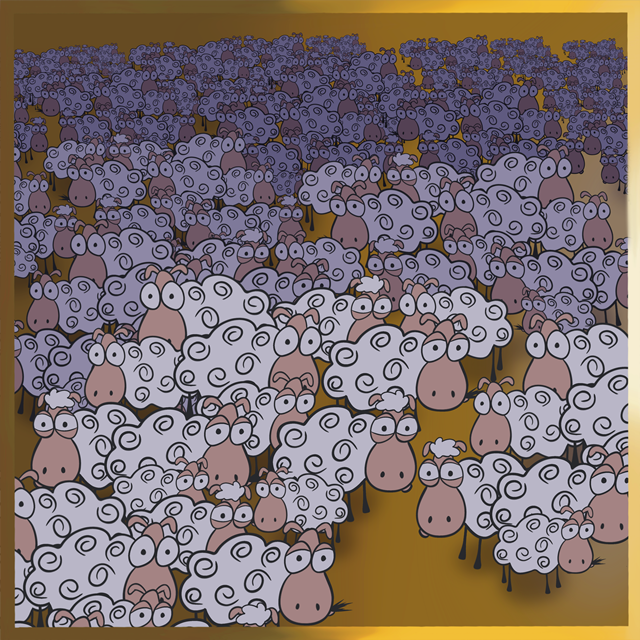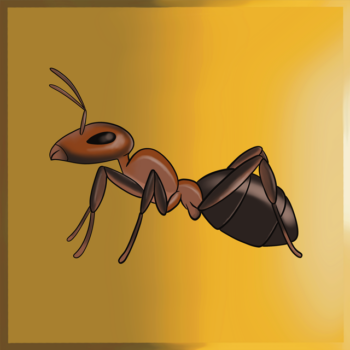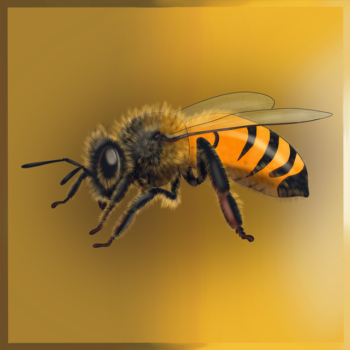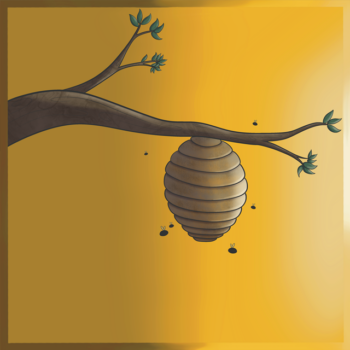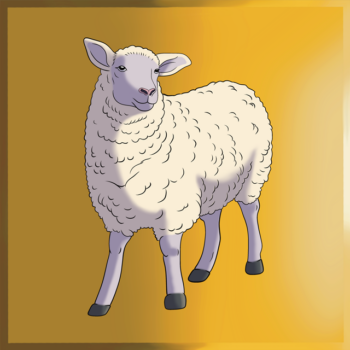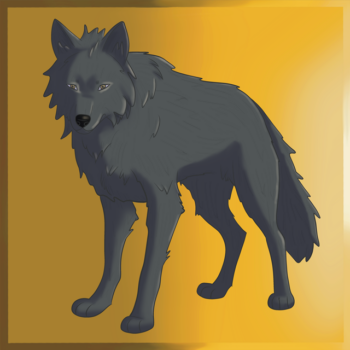Definition:
“Herd mentality,” also known as “sheep mentality,” “mob mentality,” “pack mentality,” or “group behavior,” refers to a behavior where individuals follow the actions of the crowd or group without exercising independent thinking or judgment of the situation.”
Etymology:
The term “herd mentality” is derived from the behavior of animals, particularly herd animals like sheep, which tend to follow the group without individual thought. The word “herd” comes from the Old English “heord,” meaning a flock or a group of domestic animals. “Mentality” is derived from the late Latin “mentalitas,” which means state of mind or mental character. The combination of these words highlights the psychological tendency to follow the group instinctively, similar to how animals in a herd behave.
Description:
Herd behavior is a phenomenon that occurs when individuals lack information to make an informed decision and thus copy the opinions of those around them. This phenomenon arises because everyone is born ignorant and initially depends on someone more knowledgeable to make the right decisions; otherwise, they die.
This behavior persists throughout life if one belongs to a herd and cannot think independently or is not naturally guided out of it.
The word “sheeple” is a portmanteau of the words “sheep” and “people.” Humans are unique in that they can live individual lives on a global level, but still be subject to the same herd behavior as people they have never met before. This mindset is continuously promoted by authorities through propaganda, as they attempt to make everyone believe in the illusion of humanity. This is because it is much easier to control everyone if they can be controlled as a herd, which is more easily achieved by getting people to regulate each other. A well-known example of this is the character Agent Smith from the movie series The Matrix, who views all humans who do not submit to the machines as viruses that must be eliminated.

Articles:
Argumentum ad Populum
Definition: “Argumentum ad populum,” also known as the “appeal to popularity” or “bandwagon fallacy,” is a logical fallacy that occurs when something is considered true or right simply because it…
Audience
Definition: An “audience” is a group of people who gather to watch, listen to, or participate in an event, performance, or presentation. Etymology: The word “audience” comes from the Latin…
Bullying
Definition: “Bullying” is the repetitive, intentional harming of one individual by another through physical, verbal, or psychological means, often involving an imbalance of power. Etymology: The word “bully” comes from…
Densely Packed Living
Definition: “Densely packed living” refers to residential environments where a large number of people live in a relatively small geographic area, with little space between households. This typically involves high…
Fear of Missing Out
Definition: “Fear of Missing Out” (FOMO) is a belief characterized by a pervasive apprehension that others might be having rewarding experiences from which one is absent. This fear often leads…
Gang
Definition: A “gang” is a group of individuals. Gangs can refer to any organized group of people, although the term generally has negative connotations due to its association with crime…
Gathering
Definition: A “gathering” is an assembly or meeting of people, typically for a specific purpose such as a social, cultural, religious, or professional event. Gatherings can range in size from…
Hooliganism
Definition: “Hooliganism” refers to violent, aggressive, and disorderly behavior, often associated with sports fans, particularly football (soccer) supporters. It involves acts of vandalism, brawls, and other forms of public disturbance…
Public Outcry
Definition: “Public outcry” refers to a strong and widespread expression of protest, disapproval, or outrage by the general public. It often arises in response to actions, events, or decisions that…
Queuing
Definition: “Queuing” refers to the process of forming and waiting in a line or sequence to receive a service, purchase goods, or gain access to a place. Etymology: The term…
Safety in Numbers
Definition: “Safety in numbers” is a belief that individuals are less likely to be harmed or face danger when they are part of a larger group. This principle is often…
Shopping
Definition: “Shopping” is the activity of browsing and purchasing goods or services from retailers. It involves the process of selecting, evaluating, and acquiring products or services to fulfill personal or…
Team
Definition: A “team” is a group of individuals who come together to achieve a common goal. Teams are characterized by collaboration, shared responsibilities, and a collective commitment to the success…
The Circle of Life
Definition: “The Circle of Life” is a fictional concept that refers to the cycle of birth, growth, reproduction, death, and renewal that is observed in all living organisms. This concept…
Time
Definition: “Time” is a continuous, irreversible progression through which events occur from the past, through the present, and into the future. It is a fundamental concept in physics and human…
Traffic
Definition: “Traffic” refers to the movement of vehicles, pedestrians, and animals along roads, streets, and pathways. It includes the flow of cars, trucks, bicycles, and other modes of transportation, as…
Trend
Definition: A “trend” is a general direction in which something is developing or changing over time. Trends can occur in various contexts, such as fashion, technology, economics, culture, and social…
Symbolism:
Articles:
Ant
Definition: An “ant” is a small, social insect belonging to the family Formicidae, known for its complex social structures, cooperative behavior, and ability to build intricate nests. Etymology: The word…
Ant Mill
Click to watch the video. Definition: An “ant mill,” also known as a “death spiral,” or “death circle,” is a phenomenon where a group of army ants (usually from the…
Anthill
Definition: An “anthill” is a mound-like structure built by ants, consisting of soil, sand, or other materials, which serves as the entrance and ventilation system to their underground colony. It…
Bee
Definition: A “bee” is a flying insect belonging to the superfamily Apoidea, known for its role in pollination and, in the case of the best-known species, the European honeybee, for…
Beehive
Definition: A “beehive” is a structure created by bees or provided by humans for bees to live in. It serves as a habitat for the colony, facilitating the production of…
Headwear
Definition: “Headwear” refers to any covering, decoration, or accessory worn on the head. It includes a wide range of items used for various purposes, such as protection, fashion, cultural or…
Human Formation
Definition: “Human formation” refers to the deliberate and organized arrangement of people into a specific shape or pattern. Etymology: The term “human formation” combines “human,” derived from the Latin “humanus,”…
Krill
Definition: “Krill” are small, shrimp-like marine crustaceans of the order Euphausiacea. They are found in all the world’s oceans and play a crucial role in the aquatic food web, serving…
Sheep
Definition: “Sheep” are domesticated ruminant mammals of the species Ovis aries, raised for their wool, meat (lamb and mutton), and milk. They are one of the earliest animals to be…
Uniform
Definition: A “uniform” is a distinctive set of clothing worn by members of an organization, profession, or group, typically to denote their membership, role, or rank. Uniforms help create a…
Wolf
Definition: A “wolf” is a large carnivorous mammal belonging to the Canidae family, specifically the species Canis lupus. Wolves are known for their keen hunting skills, social structure, and adaptability….
Religion:
Articles:
Belief
Definition: To believe is to accept something as accurate without proof. “Faith” is to accept something as accurate even when you have proof to the contrary. Etymology: The word “believe”…
Prayer
Definition: “Prayer” is a fictional concept in which an individual communicates with a deity, higher power, or divine presence. It can involve expressions of praise, thanksgiving, confession, or supplication. Etymology:…
Sheep, Wolves and Shepherds
Definition: “Sheep, wolves, and shepherds” are often used metaphorically to represent different roles and dynamics within a group or society. Etymology: Sheep: From the Old English “sceap” or “scep.” Wolves:…
